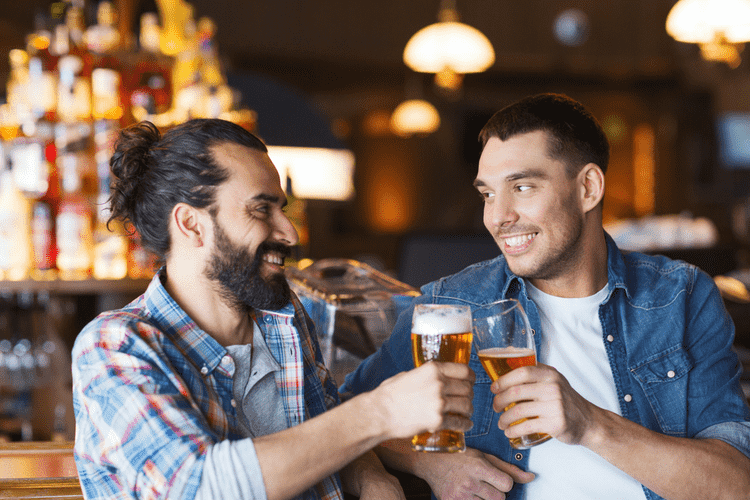Content
Seeing people as humans rather than addicts is likely to profoundly improve quality of care. Seeing the challenges of sticking to New Year’s resolutions mirrored in the challenges of sustaining change in addiction is but one of many opportunities to see our universal nature at play in human learning and behavior. The Abstinence Violation Effect is when there is any deviation from a desired behavior goal and this deviation is viewed as a total failure. This viewpoint that the deviation is a total failure is then used as a further justification to continue using or doing the addictive behavior.

A verbal or written contract will increase the chance that gamblers will recontact at an appropriate stage and therefore minimise the likelihood of a full blown relapse. Cognitive dissonance occurs because the addictive “drinking again” behavior does not fit the person’s desired self-image of withdrawal. Relapses have an important influence on the evolution of a person who is in the process of recovery. In this article we will see what the Abstinence Violation Effect consists of; We will know how it appears and the repercussions it entails for the person with an addictive disorder.
Is Trazodone Habit-Forming Or Addictive?
Again, many experts agree that a one-time lapse into using drugs or alcohol does not equally relapse. Relapse occurs when this behavior accelerates back into prolonged and compulsive patterns of drug abuse. Despite this, lapsing is still a risk factor and makes a person more prone to relapse. The majority of people who have gone through treatment for substance addiction will experience some kind of “triggering” event, leading to an initial fall back to the undesired behavior (e.g. substance use), known as a lapse. Research has indicated that the majority of individuals who receive treatment for a substance use disorder will experience a lapse. Among those people who lapse, many are able to follow this with a “prolapse,” defined as getting back on track in the direction of positive behavior change.
What is meant by abstinence violation effect?
The abstinence violation effect can be defined as a tendency to continue to engage in a prohibited behavior following the violation of a personal goal to abstain.
He is a licensed residential home inspector in the state of Florida and relates his unique experience of analyzing a property and/or housing condition to determining any necessary course of action at our facility. Abstinence violation effect may cause us to feel these way about urges and cravings as well. We feel an urge or encounter a trigger, and suddenly we decide that our attempts at recovery have failed. It doesn’t seem logical that we would still experience cravings when we were only just recently hurt by a relapse.
Relapse and Lapse
We fail to realize that putting drugs and alcohol back in our system was likely what reignited our cravings in the first place. Learning to recognize this will be one of our greatest tasks as we move forward. Sometimes, it begins from the very moment we even consider the notion of using again. We must learn to recognize this if we wish to stay on the right track. If AVE sets in pre-emptively, it may actually lead us to the relapse we so desperately fear.

Examples include denial, rationalization of why it’s okay to use (i.e. to reduce stress), and/or urges and cravings. Do not allow anything to prevent you from getting the professional addiction treatment you need. At JourneyPure in Louisville, we can help you get started in your recovery and show you how to prevent relapse. The Marlatt and Gordon Relapse Prevention Program is aimed at people with a substance-related addictive disorder.
Eating Disorders and Stress*
Making a commitment to stop drinking only to find yourself days, weeks, months or years down the road ingesting alcohol. If you can relate with this, I’d like you to think of a time when you deviated from your goal to abstain and what your mind told you the moment you veered off that path. This type of thinking is a prime example of the abstinence violation effect, or AVE. People in addiction recovery often experience drug cravings when they go through stress. Addiction rewires the brain to consider drug use an important source of reward. When you are feeling overwhelmed, your brain may unconsciously crave drugs as a way to help you feel better.
